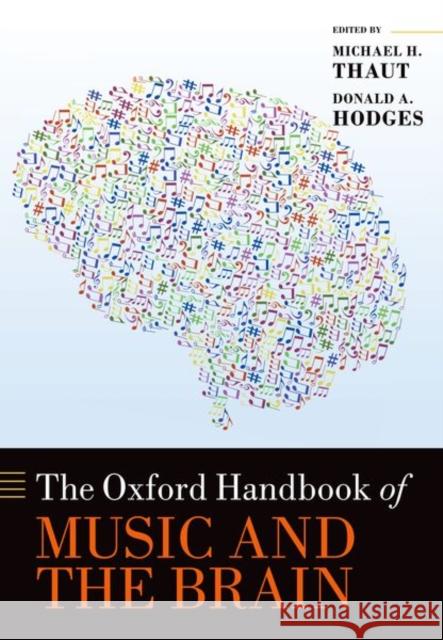The Oxford Handbook of Music and the Brain » książka
topmenu
The Oxford Handbook of Music and the Brain
ISBN-13: 9780192895813 / Angielski / Miękka / 2021 / 848 str.
The Oxford Handbook of Music and the Brain
ISBN-13: 9780192895813 / Angielski / Miękka / 2021 / 848 str.
cena 233,15
(netto: 222,05 VAT: 5%)
Najniższa cena z 30 dni: 230,83
(netto: 222,05 VAT: 5%)
Najniższa cena z 30 dni: 230,83
Termin realizacji zamówienia:
ok. 16-18 dni roboczych.
ok. 16-18 dni roboczych.
Darmowa dostawa!
Kategorie:
Kategorie BISAC:
Wydawca:
Oxford University Press, USA
Język:
Angielski
ISBN-13:
9780192895813
Rok wydania:
2021
Ilość stron:
848
Waga:
1.55 kg
Wymiary:
24.38 x 17.02 x 4.32
Oprawa:
Miękka
Wolumenów:
01
Dodatkowe informacje:
Bibliografia
Wydanie ilustrowane
Wydanie ilustrowane











